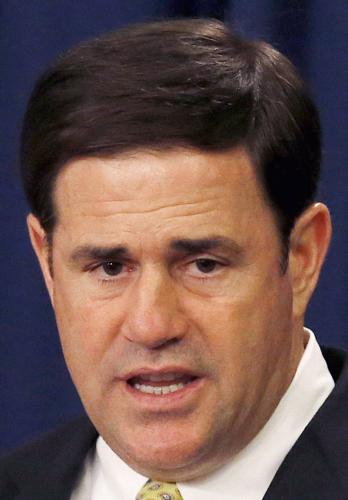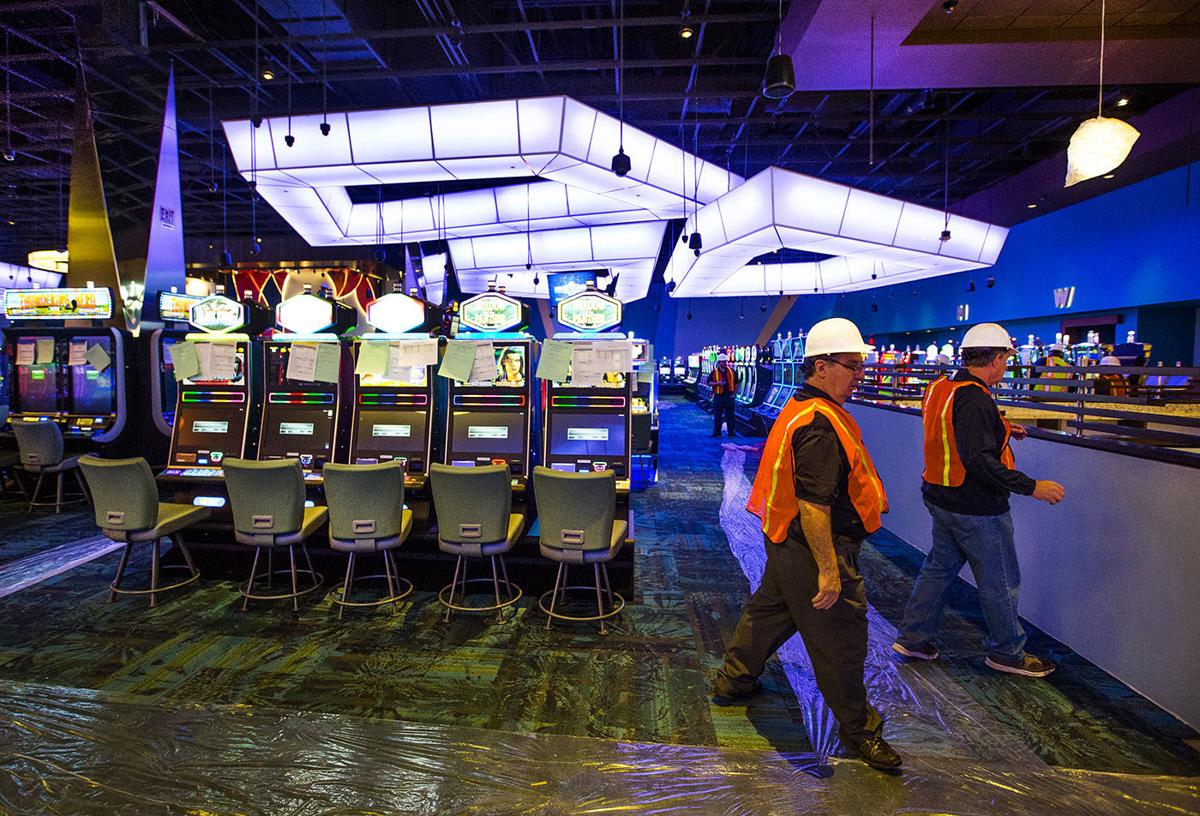PHOENIX — Gov. Doug Ducey wants a federal judge to block — or at least narrow — efforts by lawyers for the Tohono O’odham Nation to question his staffers in the legal fight over the Glendale casino.
Attorneys for the governor have told U.S. District Court Judge David Campbell the tribe is not entitled to some of the information it is seeking. They say some of it is protected by attorney-client privilege.
The governor’s legal team also said there is no right for the tribe to delve into internal discussions that took place within the Governor’s Office, even if it did not involve legal advice. And Ducey’s lawyers warned Campbell that allowing tribal attorneys to look into such matters would set a bad precedent.
“Any disclosure of internal discussions regarding the subpoena topics would have a chilling effect on future deliberations within the state executive branch,” the governor’s lawyers said.
“The executive branch — and especially the Governor’s Office — frequently have to make difficult decisions that affect state funding, public safety, and relations with various tribes located within Arizona,” they continued. “As a result, the executive branch must have the ability to openly discuss options and weigh recommendations without fear these internal communications become public for unnecessary scrutiny.”
At a hearing Friday, Campbell said he wants to get legal briefs from the tribe’s attorneys on why they think they’re entitled to delve into these areas. He gave them until the end of the month to respond.
In the interim, tribal lawyers will be able to question two former state employees on Wednesday: Steve Hart, who previously served as director of the Arizona Department of Gaming, and Mike Bielicki, who was an aide to Gov. Jane Hull when she was negotiating new gaming compacts with the O’odham and other tribes.
The move comes as the tribe is seeking to persuade Campbell to effectively order state Gaming Director Daniel Bergin to allow it to have full-scale Class III gaming at its new Glendale casino.
Bergin has refused, contending the tribe effectively committed fraud more than a decade ago as voters were being asked to approve new gaming compacts.
He said the tribe concealed its plans for the Glendale casino from state officials and the public even as voters were being told that approving the compacts would mean no new casinos in the Phoenix area.
With the lawsuit unresolved, the tribe opened the facility as a Class II casino with devices that look like slot machines but operate electronically like interconnected bingo games. Those are not subject to state regulation.
The tribe, however, wants not only full-blown slots but also games like blackjack and poker, which require state approval.
Among the questions tribal attorneys want to ask are the basis for any belief by the governor at the time of the 2002 public vote that there would be no expansion of gaming in the area.
That is an issue as Campbell, in a prior ruling, already has rejected the state’s contention that the compacts that were authorized precluded new casinos.







